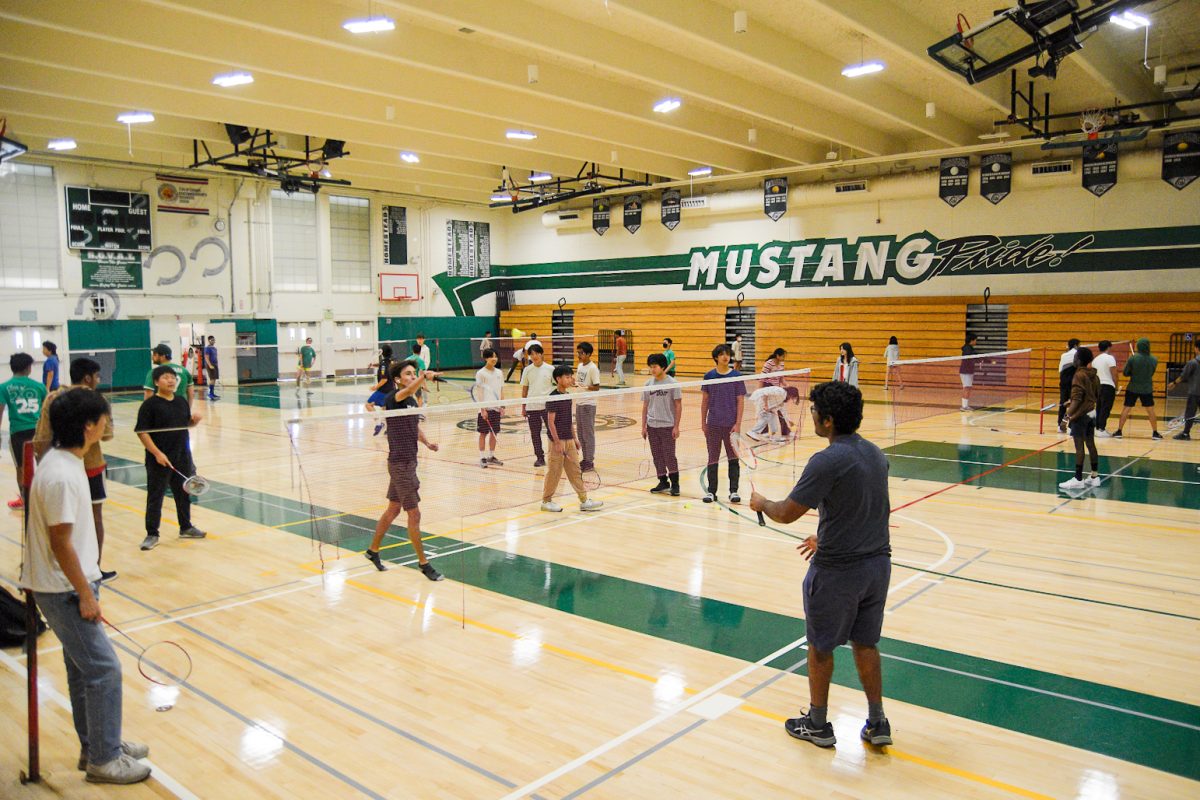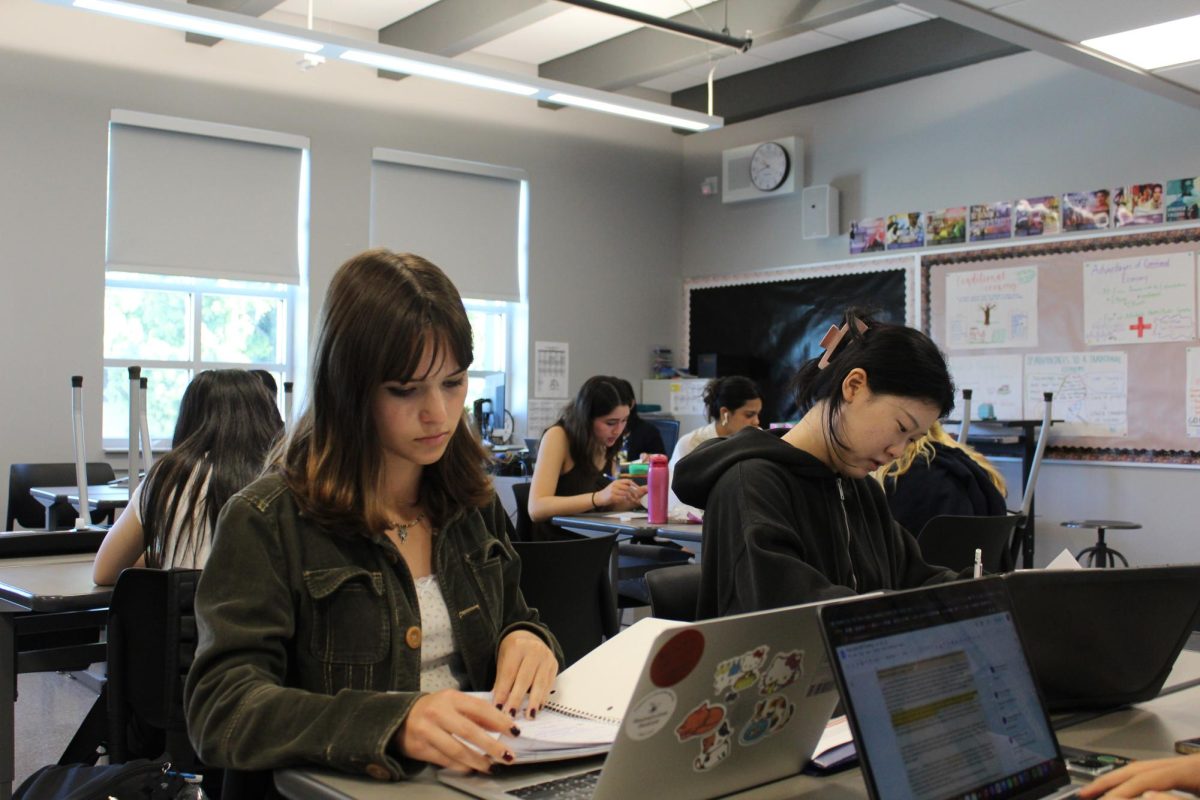Groggy eyes open up as the fluorescent screens pierce the dark bags from late-night studying. An indistinct voice tells us to go onto CollegeBoard. From here, a simple internet search results in a red triangle indicating, “Your connection is not private.” This was a common screen during and after last school year where I and many other students found themselves unable to connect to the internet through the school WiFi.

School WiFi is a valuable tool as it allows students to utilize the internet. This opens up a gateway to communication and educational resources, allowing us to engage with education and others in a more efficient way. However, additions of third-party measures such as Securly have made the process of using WiFi invasive and intrusive to student life.
Securly is a security tool that monitors student activity, that scans for potential self-harm, bullying and violence both on and off campus, according to Securly. This means that school-issued Chromebooks could very easily be tracking classified student information.
Securly weaves past the layers of encryption and privacy and collects data about public IP addresses, websites visited, searched terms, YouTube videos and social media posts alongside logging keystrokes. In fact, certain malware and spyware utilize the same techniques as well.
With education moving forward towards a more technology-based curriculum – with even certain AP tests being taken online – there are questions about students’ privacy and First Amendment rights. While students have always had rights to privacy and freedom of speech with the ruling of Tinker v. Des Moines, these rights are often disregarded by security companies like Securly. Under the guise of protecting the kids from harmful content, Securely is able to perform these intrusions and monitor student activity according to the Children’s Internet Protection Act.
While these student monitoring services may notify teachers about cyberbullying and other potentially harmful activities, students may unknowingly waive their rights to privacy off campus, leading to a greater distrust of the district and educational services as a whole.
Students need to know their rights to privacy. As we are reaching a point where most curriculums are supplemented with online assignments, it becomes paramount that we are able to separate our private lives from the eyes of school administrators.
Schools around the country are required under the CIPA to monitor students or they face budget cutting, according to FUHSD’s 2021-2022 technology infrastructure overview. Because of this, it is on the students to mitigate the usage of Securly. Whether it is choosing not to use the WiFi altogether and utilizing cellular data, or navigating around the barriers using VPNs, we are still able to keep our right to privacy in the digital era.











Aurora • Oct 21, 2023 at 9:01 am
I think the biggest reason many people I know use a VPN is because in order for securly to spy on you it acts as a man-in-the-middle, an attack which we’ve solved with HTTPS (nerd stuff, sorry) so securly needs you to install their certificate which is a nightmare and a half but also adding certificates like this is super insecure as it is another party to trust — we already have dozens of CAs (certificate authority) to trust to tell us who is a hacker and who isn’t, and you only need one CA to tell you it is legit for your browser to trust it. I’m willing to bet Securly’s security is weaker than Amazon’s. In addition, making all students trust a certificate could desensitize them to how dangerous it really is. A hacker might not need to hack Securly, they could just as well tell people to trust their own CA and tell them it is required to use their network, allowing that hacker to see all your internet traffic.
one final note to point out that, given you dont trust any weird CA and listen when your browser tells you the connection is insecure, VPNs won’t protect you from hackers because HTTPS already does.
ann penalosa • Sep 30, 2023 at 4:08 am
im glad someone decided to cover securly again,,,